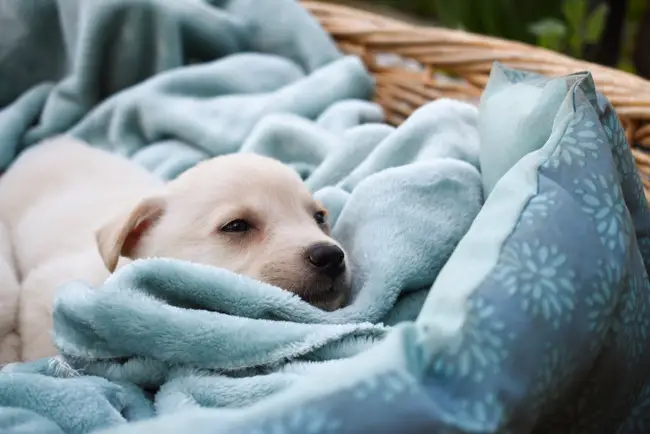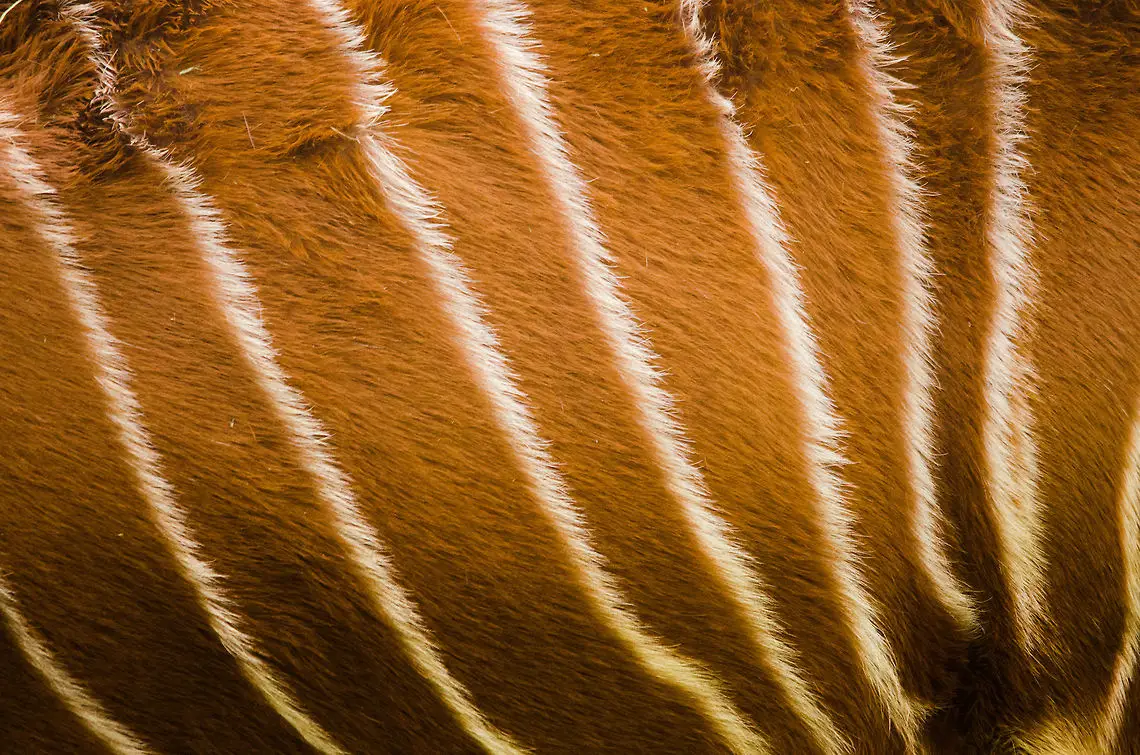Everything You Need To Do Before You Bring Your New Puppy Home
Who doesn’t love puppies? The combination of their cute appearance, the emotional connection you get from them, potential therapeutic benefits, and simply their fun playfulness all add up to make them irresistible.
Puppies are undeniably adorable with their large innocent eyes. The affection, loyalty, and companionship of a puppy can quickly have you developing a deep sense of connection with them. There is also the proven fact that puppies can offer many therapeutic benefits to a person such as reducing stress, anxiety, and depression.
If you’ve finally caved and decided you need a puppy in your life, it’s not simply a case of bringing one home and cuddling up with it. Owning a puppy is a big commitment, and to help assist you with your new companion, we thought we’d share some of the more important factors to consider before introducing your new puppy to your household.


Get Your New Puppy Insured
Visiting the vet is a routine part of owning a dog whether it’s getting them neutered or getting them their necessary vaccines. Your vet will be able to set up a vaccine program for your new puppy and they may include vaccines for distemper, parvovirus, hepatitis, parainfluenza, and bordetella.
As your puppy ages, it’s likely that reoccurring vet visits will be unavoidable and those costs can add up quickly much like your own healthcare costs. Thankfully, you might not need to fully pay all the bills yourself.
For the things you cannot control like illnesses or accidents, a pet insurance provider might be able to cover you. Each provider will have different terms, but you might want to check the insurance from Petsure as an example, just to see what you might be able to protect yourself against.
Puppies have a long life ahead of them, and many people are drawn to the idea of having a loyal and loving companion for many years. Make sure they stay healthy by regularly visiting the vet and allowing pet insurance to help keep the costs down.


Is Your Home Puppy-Proof?
Think of a puppy as a baby. They don’t have much life experience, coordination, or reasoning ability for that matter. They are endlessly curious and eager to explore the world around them, which sadly can get them into trouble often.
Puppies can find themselves in risky situations regularly without meaning to. It’s your responsibility as an owner to ensure your home is safeguarded and free from potential hazards. You will also want to ensure your cherished belongings and even general household goods don’t fall victim to things like chewing or your puppy doing its business on them.
Raising a puppy involves training and teaching them various skills, which can be a rewarding experience for pet owners. The process of training and bonding not only strengthens the connection between you and your puppy but will also mean that gradually you will have to puppy-proof your home and belongings less and less as your puppy becomes better trained and transitions into a mature dog.


Get Lots of Toys
Puppies are full of energy and love to play. Their joyful and playful nature can bring a sense of fun and entertainment into people’s lives, making them a popular choice for families or individuals seeking a lively companion.
Playing isn’t just for fun for puppies, rather it’s also very important for their mental and physical development. You as their owner will need to take the place of their littermates and regularly play with your puppy to help them grow and mature.
Make sure you’ve got plenty of toys ready for your new puppy’s arrival. Things like balls, ropes, and chew toys are perfect. However, always make sure you are buying toys specifically for puppies or small dogs which pose little possibility for choking or damage to their young teeth.
When selecting toys for puppies, it’s essential to consider their age, size, breed, and individual preferences. Some suggested toys that are generally well-suited for puppies include soft and plush toys, teething toys, treat-dispensing toys which challenge their young minds, squeaky toys which engage their curiosity, and durable non-toxic chew toys.
Always supervise your puppy during playtime to ensure their safety, especially with toys that have small parts that could be ingested. Regularly inspect toys for signs of wear and tear, and replace them when they become damaged to prevent any potential hazards.


Give Your Puppy Their Own Personal Quiet Space
Arriving to a brand-new home can be stressful for a puppy. All the new sights and smells can be overwhelming, so it’s important you give them a quiet space where can feel safe and secure if it all gets to be a bit much.
Give them a small room of their own or at least a quiet corner of a room which is set up with everything they need. This includes their food and water bowls, possibly a comfortable dog bed and blankets, and a selection of their toys.
If possible, try to bring an item from their previous home or one they had while living at the place you purchased or adopted them from. Dogs can smell up to 100,000x better than us which means your puppy will immediately recognise the smell of their old belongings and previous home which may help them adjust easier and settle in quicker.
Get the Right Food
There is a misconception that dogs can eat anything. This isn’t the case, and it certainly isn’t the case for puppies. Puppies grow extremely fast and they need plenty of the right vitamins and nutrients to support this growth.
Look for specialised puppy food which will ensure they become fit and healthy. Don’t be tempted by the cheaper options. Cheaper dog food may not have the proper nutrition that your puppy requires and in some rare cases might actually be harmful for your puppy.
Additionally, avoid giving your puppy table scraps. This can lead to obesity from overeating, and there may be some ingredients in your food that are poisonous to dogs which could make them seriously ill.


Don’t let the excitement of bringing a new puppy home make you forget to adequately prepare. A puppy becomes a family member, so put forth the same effort you would as though you were expecting a child. Prior planning will ensure your new puppy gets off to the best start possible in their new life with you.




















